Lists


2 Books
To read
Sort by:
Recent Desc
More lists by Rachael
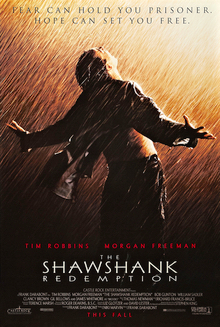


R&d
List includes: The Shawshank Redemption, Death to Smoochy, Ruthless People
January 2025
0
@bibliotecana1



Gamin
List includes: Katamari Damacy, Donkey Kong Country, Banjo-Kazooie
July 2023
0
@bibliotecana1
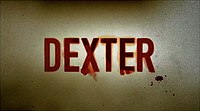


Best Series Ever
List includes: Dexter, Breaking Bad, Star Trek: The Next Generation
January 2023
5
@bibliotecana1


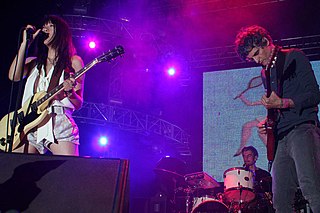
Fave bands
List includes: Morcheeba, The Cure, Blonde Redhead
December 2022
1
@bibliotecana1



Flemish
List includes: Van Vlees en Bloed, Quiz Me Quick, Callboys
December 2022
0
@bibliotecana1



To view
List includes: eXistenZ, Dead Like Me, Scrubs
December 2022
0
@bibliotecana1



Films I should have seen by now
List includes: The Graduate, Sunset Blvd., Harold and Maude
November 2022
0
@bibliotecana1
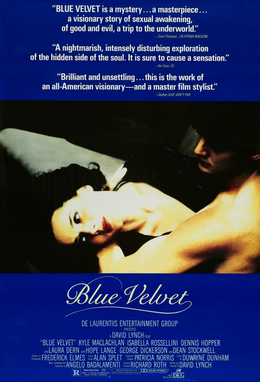

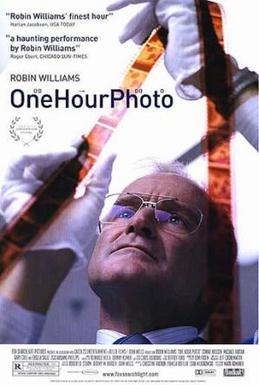
Thrillers
List includes: Blue Velvet, Psycho, One Hour Photo
November 2022
0
@bibliotecana1
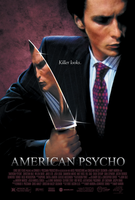

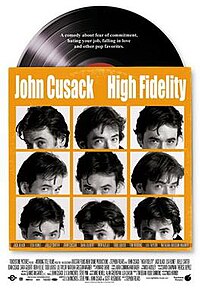
All time favorite films
List includes: American Psycho, Heathers, High Fidelity
November 2022
0
@bibliotecana1